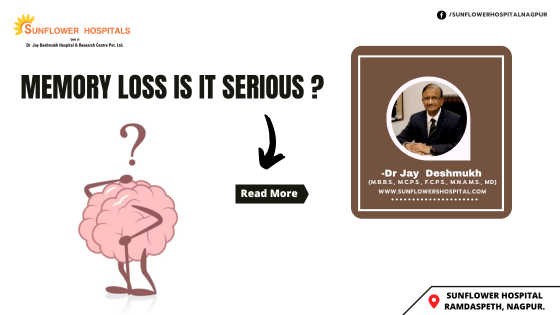How to deal, with mild forgetfulness?
Try to allow your brain to be rejuvenated at all times! Learn a new skill. Follow a daily routine. Plan tasks, make to-do lists, and use memory tools like notes, calendars, and diaries. Keep your telephone, purse, keys, and glasses in the same place every day. Spend time with friends and family. Get enough sleep every day. Eat and exercise well. Control high blood pressure, be away from excess alcohol, and get help if you feel depressed.
What are the early signs of Alzheimer’s disease?
Losing things often, forgetting to go to important appointments or events, and having more trouble coming up with desired words than other people of the same age. These may be early signs of dementia.
What is dementia?
They have a pattern of symptoms. This includes impairment of memory, reasoning, judgment, language, and other thinking skills. Dementia usually begins gradually, worsens over time and impairs a person’s abilities in work, social interactions and relationships. Memory loss that disrupts your life is one of the first or more recognisable signs of dementia.
What are the diseases associated with dementia?
These disorders cause progressive damage to the brain and result in dementia. They include Alzheimer’s disease, which is the commonest. Vascular dementia, frontoparietal dementia, Lew body dementia, and limbic atrophy are a few causes. The pattern of memory loss differs and each dementia has a unique presentation.
Are there reversible causes of memory loss?
Certain medications or combinations of medications can cause memory loss. Many older adults worry about memory loss and other thinking abilities. They may forget their glasses, and keys, or may not remember the names of friends or relatives. These are changes of mild forgetfulness, often a normal part of ageing.
Then what is abnormal forgetfulness or dementia or Alzheimer’s disease?
Minor head injuries, emotional issues, stress, anxiety, depression, and chronic alcoholism can all cause memory loss. Vitamin B 12 deficiencies, vitamin D deficiency, tumour or infection of the brain, and sleep apnoea can cause reversible memory loss.
What memory problems are expected as a normal ageing process?
Simple forgetfulness like missing keys, in the wallet, can be a part of the normal ageing process. Memory loss due to normal ageing, events from years ago, performing tasks, and general knowledge are normal. However, declining memory functions include learning new information and trying to retain the same.
What memory issues are not associated with normal ageing?
Memory problems that interfere with normal daily life are not considered normal ageing. Forgetting recent events, repeating the same questions and stories, difficulty in coming up with desired words, easy distraction and losing focus on work is not an ageing process.
What are the memory problems with dementia?
As dementia progresses, paying bills, shopping, and driving become difficult. A person is not aware of memory loss. There is poor judgement. There is a decline in rational thinking. It becomes impossible to perform self-care in the absence of support from relatives.
How memory can be preserved during ageing process?
To maintain brain health, exercise twice a week. Maintain your blood pressure, cholesterol, and blood glucose levels to normal. Stop smoking and excessive drinking. Please maintain an appropriate weight, and be happy and positive. Adequate sleep and lower your stress levels. Exercise your body that includes stretching, aerobic activity, stay socially active and try to learn new skills like music, and foreign languages.
Author: Dr Jay Deshmukh
Dr Jay Deshmukh is Chief Physician and Director, Sunflower Hospital, Nagpur Honorary Physician to Honorable Governor of Maharashtra and PondicherryCentral. Dr Jay Deshmukh is an M.B.B.S., M.C.P.S., F.C.P.S., M.N.A.M.S., MD From Internal Medicine – Bombay and New Delhi.


